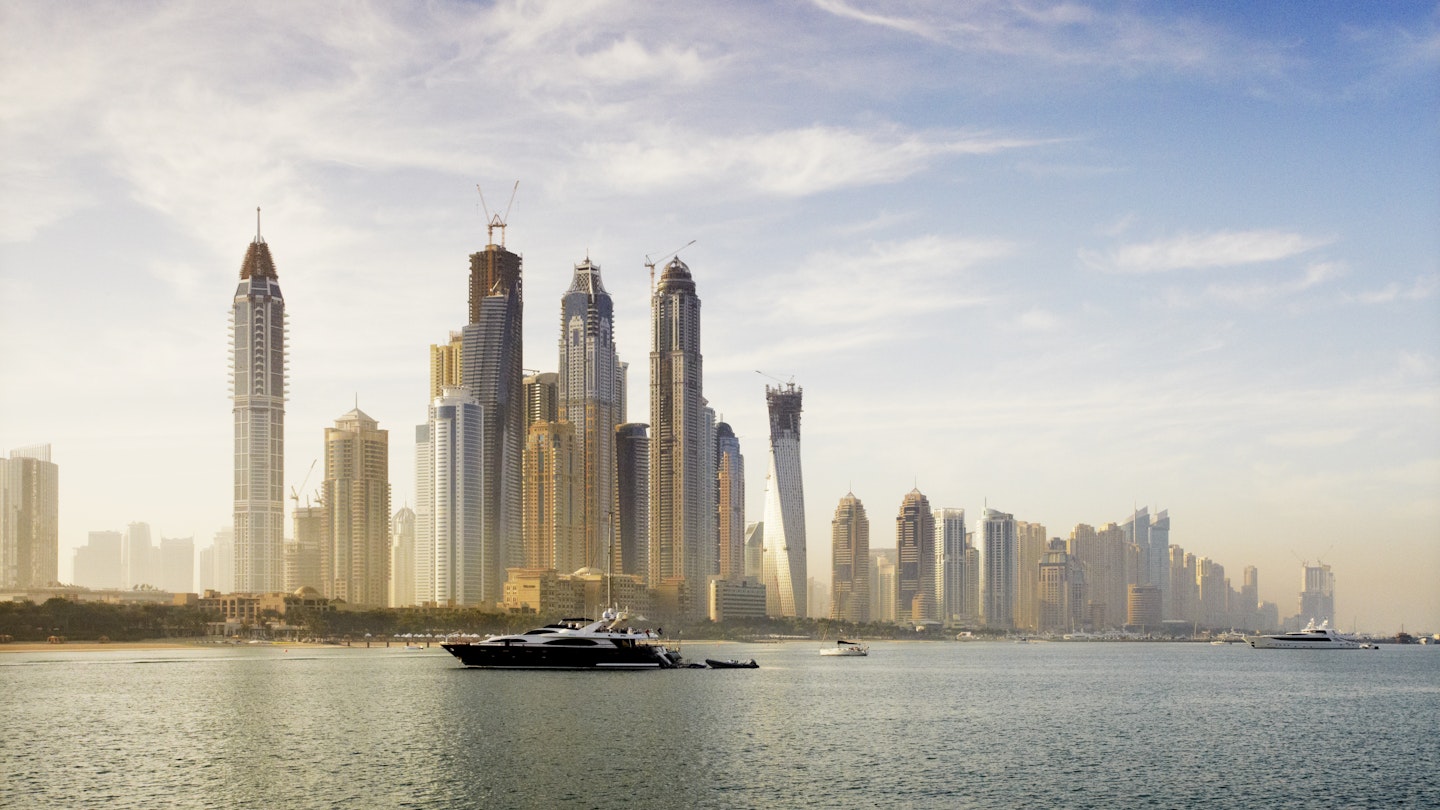Dubai’s New Visa for Remote Workers
Dubai has become the latest destination to provide an excellent opportunity for visitors and digital nomads to extend their stay in the emirate. This new initiative offers benefits previously available only to residents, promoting a thriving remote work environment.
Overview of the Remote Working Visa
The new scheme allows individuals and their families to reside in Dubai while employed by overseas companies. This long-term visa facilitates a seamless lifestyle, where eligible visitors can:
- Open a local bank account
- Enroll their children in nearby schools
- Set up essential services, including internet and phone connections
This virtual working program visa is valid for one year and comes with a cost of US$287, in addition to medical insurance and processing fees.
Criteria for Eligibility
Remote workers must meet specific requirements to apply for this innovative visa. Applicants are required to:
- Earn a minimum monthly income of US$5000
- Provide proof of employment
- Submit three months of bank statements
Moreover, an appealing aspect of relocating to Dubai is the absence of income tax on individuals, making it a financially attractive option.
Expert Insights
According to Helal Almarri, director general of Dubai Tourism, “The global pandemic has changed how we live and work. People continue to prioritize their health, wellbeing, and positive work-life balance. Dubai is uniquely positioned to offer a safe, dynamic lifestyle opportunity to digitally savvy workers and their families while they continue to work remotely, whether for a couple of months or an entire year.”
Global Trends in Remote Work Visas
Dubai is joining a growing list of destinations that are easing visa restrictions to attract remote workers. Countries like Estonia, Georgia, Barbados, and Antigua and Barbuda have also introduced similar visas for long-term stays.
In addition to the new remote working visa, the government of the United Arab Emirates announced a five-year tourist visa in January ahead of Expo 2020. However, due to the ongoing global health crisis, this convention has been postponed until 2021.




